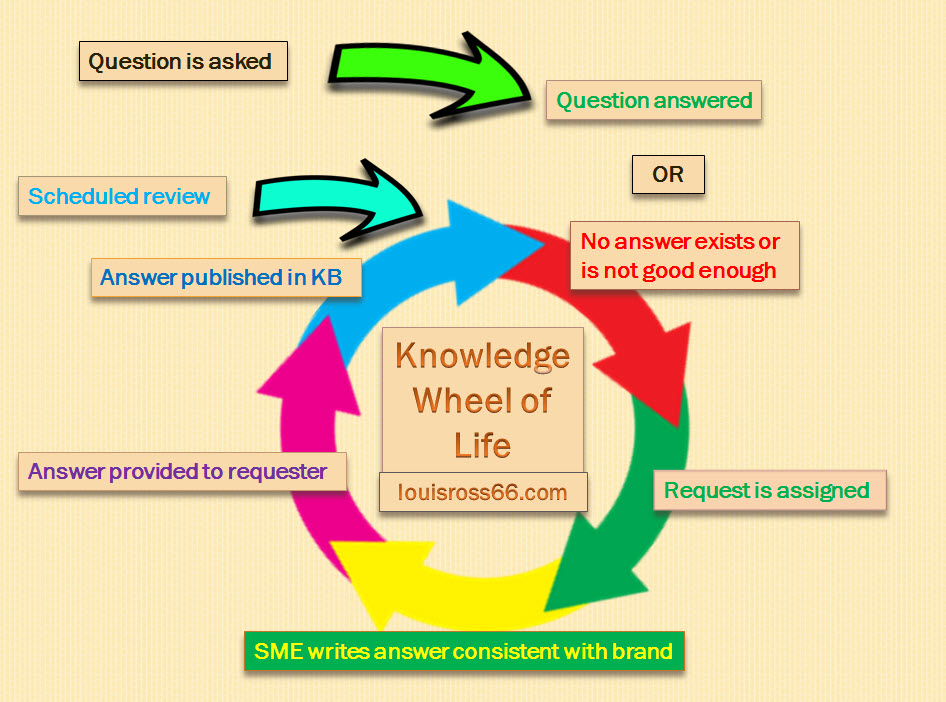Skill and knowledge are two different and equally important aspects of building brand.
Your company probably has a customer service or distributor support team that interacts with your customers more than any other group or team in the company. If you seek to build your brand – to extend the value proposition of your company to its customers, you need agents who have skill and who have access to knowledge.
Skill is the asset you profile and hire to, you tailor during training/onboarding, and you continue to build during the (hopefully) long tenure of the employee. While skill can be hard to measure, picture it as an ever growing resume; a list of abilities that person has. The situations, challenges, system functionality, etc, that the person can adeptly maneuver.
Knowledge is a commodity. It is binary. It either exists or it doesn’t. It is either correct or incorrect. Either the marketing teams, often called SMEs (subject matter experts), have documented the details of the product (its benefits, its current price, etc.) or they haven’t. Either the shipping costs and return terms have been updated to reflect the current promotion, or they haven’t.
When skill and knowledge are confused, service and hence, your brand, suffers. The price of the product changes for a promotion, but not all agents know this fact. Are the agents who “got the memo” more skilled than those who are incorrectly denying callers the deal? Or are the agents in the know just using a scoop of knowledge that they read in the internal knowledge base (KB) (your company has one, right?)
Click here to read how a proper knowledge strategy saves you money.
Have you ever called a company and interacted with an agent that was an expert on the information but left you frustrated because they didn’t solve your problem? You know your request was reasonable (you spent a lot, and this is your first request for a refund/reship, even though it is a few days past their return policy) and due to the agent’s low skill, your request was not honored. You really wanted to like this company and support them, but the agent knew the information, in this case the return policy, and refused your request and refused to escalate. If the agent would have had skill in recognizing caller condition and the ROI of a concession, you would have been a promoter of the company, not a detractor. The result is a service failure. Service failures lead to the destruction of brand.
Knowledge and skill are different and each is needed. Your goal: information that is updated by SMEs and accessible to all, and employees who are continuously trained to recognize opportunity to extend the value of your product.
